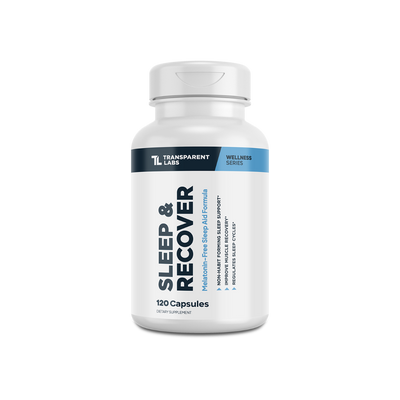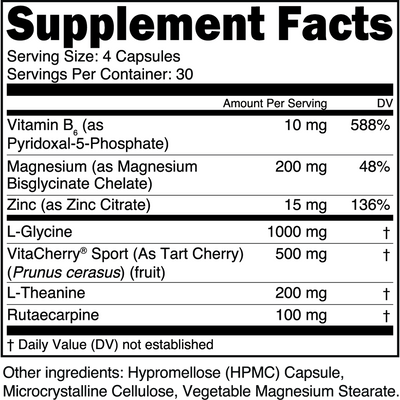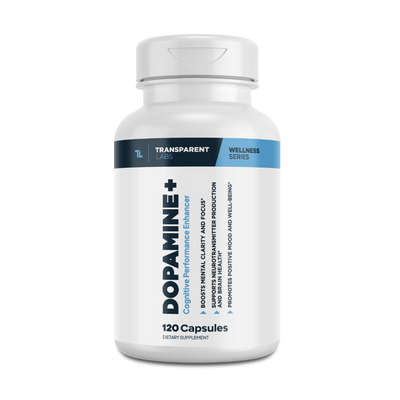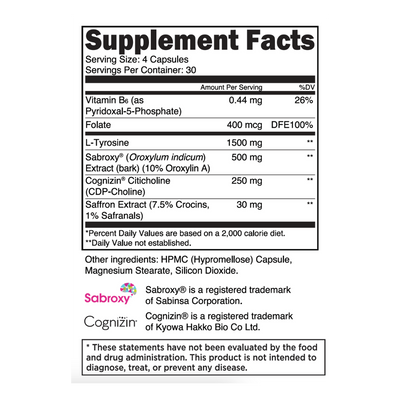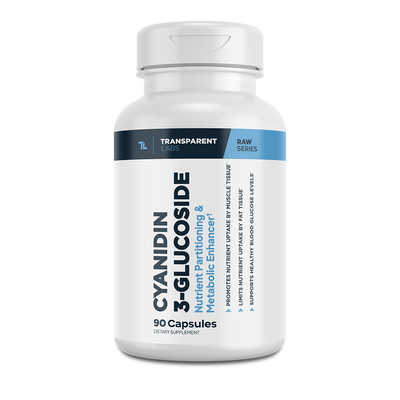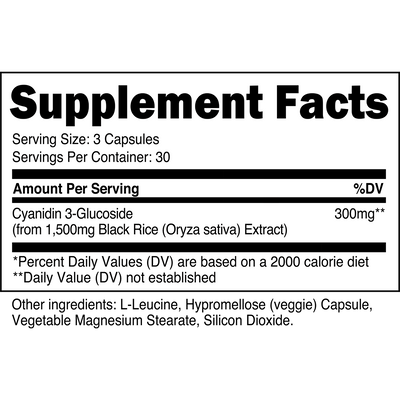Collagen Protein vs Whey Protein: Key Differences
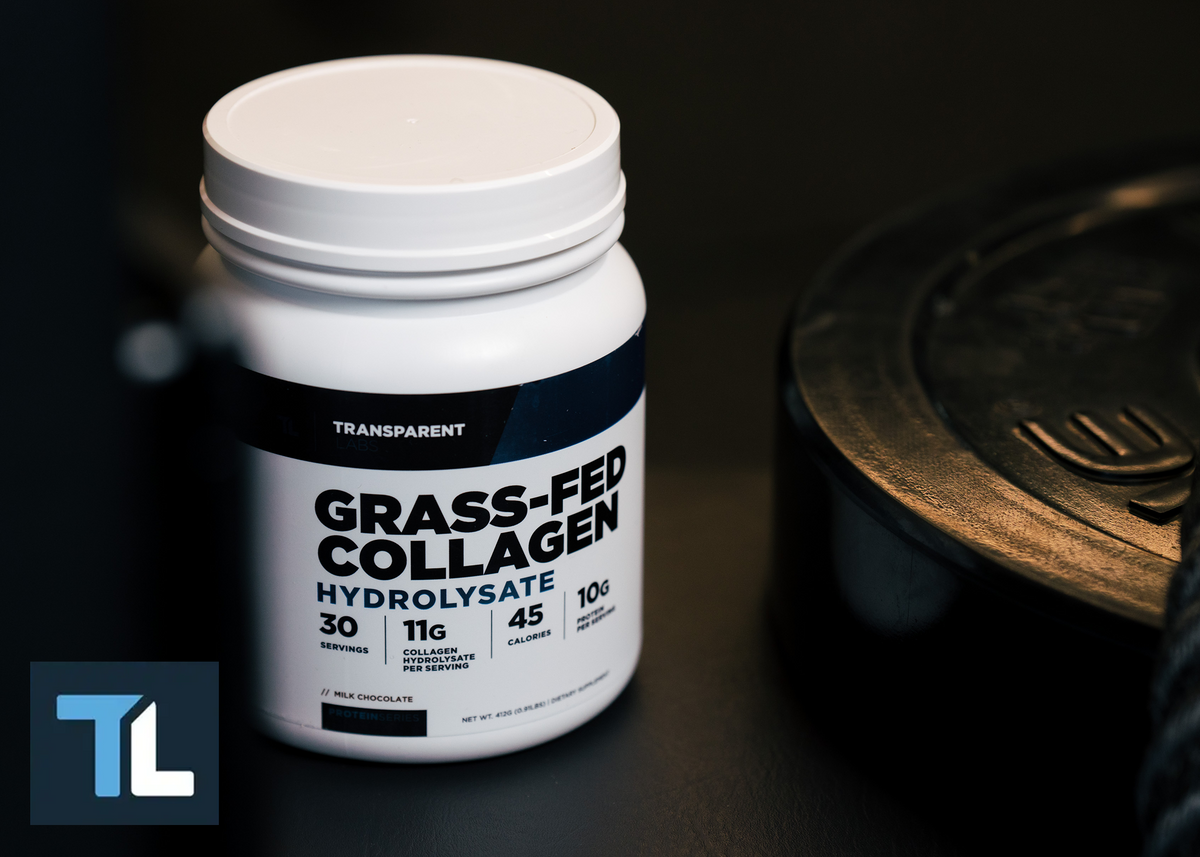
Anyone trying to build muscle knows how important consuming enough protein is. You also probably know consuming that much protein takes a lot of effort and mindfulness if you want to reach your daily protein goal. That's where many people turn to supplements like protein powder for an added boost, but not all protein sources are equal. Collagen protein and whey protein are heavy-hitters that have been battling out for the top spot for years.
Understanding the differences when comparing collagen vs whey is crucial. Collagen, the unsung hero of connective tissues, has been making waves for its potential benefits beyond muscle synthesis. Meanwhile, whey protein continues to flex as the go-to supplement for strength and mass gains. But, which one deserves a spot in your shaker bottle? This comprehensive guide breaks down the mysteries of collagen and whey by exploring their unique benefits and uses to help you decide which protein might be the perfect match for your needs.
What is Collagen Protein
While collagen is naturally formed in the body in places like connective tissues like ligaments, tendons, and skin and bones, the supplement is derived from animal sources. It is also the most abundant protein in the body making up one third of total protein. The most common sources of collagen protein supplements come from bovine collagen (cow) sourced from bone, muscle, and sometimes hide. It can also come from marine sources like fish skin and scales, but most collagen protein powders are sourced from bovine collagen.
All protein sources are made up of amino acids and a complete protein source contains nine essential amino acids. Collagen is not a complete protein as it lacks tryptophan, but it does have an impressive amino profile with 19 present and eight of the nine essential amino acids. Most notably collagen's amino profile contains a high amount of glycine and proline and it features hydroxyproline, which does not occur in other types of protein.
What is Collagen Good For
As we get older, our collagen production declines. Opting for collagen supplementation, or attempting to get more collagen in your diet through foods like bone broth may be helpful for the human body in more than one way. One study found that when paired with resistance exercise, the men who were supplementing with collagen peptides had higher fat free body mass and increased body mass, meaning it may support building muscle.
There are many reasons that collagen has become a popular supplement. It's an easy and efficient way to increase protein intake while providing other benefits for skin and orthopedic outcomes. Studies have shown collagen is effective for:
-
Decreasing wrinkle formation
-
Better skin elasticity
-
Improved skin hydration
-
Increased bone strength, density, and mass
-
Reduced pain
-
Heightened mobility
-
Enhanced joint function
Studies have shown that vitamin C may play an important role in collagen production. With the potential to help expedite fractured bone healing, increase type 1 collagen production, and lessen oxidative stress parameters. Therefore, mixing vitamin C or foods high in vitamin C with your collagen supplementation might be advantageous for many reasons.
What is Whey Protein
Whey protein powder is one of the most commonly utilized supplements on the market. It is used to support muscle growth and muscle recovery and is sought after as it is a complete protein source containing all nine essential amino acids. There are several types of whey protein including whey protein isolate, whey protein hydrolysate, and whey concentrate.
Whey is one of two main proteins that are found in milk. It is made by pasteurizing milk, and then separating the whey from the curds. Once it is separated, it undergoes a process to remove excess fat and carbohydrates, is filtered, and dried to make protein powder. Depending on what type of whey protein is being processed, it may look a bit different.

What is Whey Protein Good For
There have been many studies done on whey protein to assess its benefits for muscle growth and recovery. Studies have found that consuming whey protein in tandem with resistance training leads to increased muscle mass and potential body re-composition.
Whey protein is well-loved for its fast absorption rate, which studies have found to absorb at about 10 grams an hour. This matters because it can lead to more prolonged feelings of satiety, and may create a significant increase in muscle protein synthesis. It's also extremely versatile, coming in different types, flavors, and brands. It is easy to drink plain with water or milk, mix into a smoothie or post-workout shake, or add to baked goods.
Key Differences Between Collagen and Whey
When it comes to collagen protein vs whey protein, there are a few main notables to consider.
The first is the amino acid profiles. Whey protein is a complete protein containing all nine essential amino acids, high amounts of branched chain amino acids, and is especially high in leucine. Collagen is not a complete protein, missing tryptophan, but is also rich in amino acids glycine, proline, and hydroxyproline.
Whey protein is rapidly absorbed in the body, while collagen may take a bit longer to absorb. While both can be used for post-workout recovery, building muscle mass, improving body composition, and hitting your protein goal, collagen is notable for its other potential benefits. Collagen powder is touted for its ability to improve skin health, bone health, joint health, and even potentially immune response.
For those who experience digestive discomfort from whey protein, collagen may be a better option for you. In a study conducted on collagen peptide supplementation in healthy women, it was concluded that collagen may have anti-bloating properties and has potential to improve mild digestive issues in the consumer. For those who are extra sensitive, many collagen supplements contain digestive enzymes.
Although collagen is not a vegan supplement, it is a viable alternative for those who are lactose-intolerant, avoid dairy, or for pescatarians in the form of marine collagen. Whey protein powder is not vegan, vegetarian, or lactose-intolerance friendly, although whey protein isolate may be better for those who struggle with lactose issues.
Building Muscle Mass
If your main goal is to build muscle, adding a whey protein supplement to your regimen may be the answer you're looking for. Collagen peptides provide a solid dose of protein, but when you compare collagen protein vs whey protein, studies have shown whey protein to be superior for muscle growth. Studies have shown whey protein powder is more effective in supporting skeletal muscle mass than collagen.
It is important to note that protein is the main building block of muscles, so protein supplements in general can be helpful for building muscle regardless of the type of protein. To support muscle building, you also want to have a strong support system. As collagen is effective for joint health and connective tissue, it may indirectly support lean muscle mass.
How to Use Collagen vs Whey
Both collagen and whey can be beneficial separately or in tandem. It's easy to throw both into your favorite protein shake recipe or take them as separate supplements. You'll want to cater your use of supplements based on your needs.
If increasing muscle mass and muscle strength are your goals, one study found that pre- and post-exercise consumption of protein, as well as nighttime intake, are most highly recommended. The study also suggested that milk proteins are the best type of protein supplements for improving muscle mass and strength.
To complement added strength and muscle growth, supporting connective tissues is ideal. Including collagen supplements alongside your whey is optimal to support joints, bones, and ligaments.
One study concluded the important role that connective tissues play in muscle development. They found that the teamwork between muscles and connective tissue is a two-way street of communication that helps the musculoskeletal system form correctly and that in adults, it helps maintain health and normal function of the tissues.
Using both whey protein and collagen supplements may be most beneficial for those who are looking to gain muscle in a healthy and supportive manner for the long-term health of the human body.

Collagen and Whey for Non-Athletes
Although whey and collagen proteins are often associated with athletic performance, their benefits extend far beyond the gym. For non-athletes, these supplements play a crucial role in maintaining overall health and wellness. You may not be looking to support muscle mass, but protein intake is still an extremely important part of a balanced diet. Whey protein can help maintain muscle mass during aging, support weight management by increasing satiety, and aid in blood sugar regulation.
Collagen offers unique benefits for skin health and has been known to support joint health, allowing for longevity in daily activities and potentially reducing the discomfort arthritis, and joint pain present.
For busy people, both whey and collagen protein act as a nutrient-dense meal or snack on the go which improves protein intake without the hassle of meal prepping or spending money on a meal out. It's also easily added to coffee, or smoothies for those who don't love the taste on its own.
It is important to note that supplements are meant to be added to a healthy diet, not replace whole and nutritious foods. Non-athletes considering whey or collagen supplements should consult with their healthcare provider or nutritionist if they have any questions about adding it to their routine.
FAQs about Collagen and Whey Protein
You may still have questions about collagen versus whey protein and which may be right for you and your goals. Whether you're looking to trim down your body fat, support collagen production, increase protein intake, or aid your gym efforts for muscle building, we have the answers for you.
Can I take both collagen and whey protein together?
Mixing whey protein and collagen protein is an easy and efficient way to support connective tissue and muscle health. While whey protein is good for muscle synthesis, muscle building, and muscle strength, collagen is good for joint health and bone health. When paired, they're also great for muscle recovery, creating more fat-free mass, and getting in extra amino acids as collagen only contains eight out of nine essential aminos.
Which protein is better for weight loss?
Both whey protein and collagen protein are known for their ability to aid in weight loss. Intaking protein keeps you satiated for long periods of time, helping you stay on track with your goals of reducing fat mass, increasing lean body mass, and shrinking your overall body mass index. When choosing a collagen supplement or choosing between protein powders, make sure the sugar content is low and that the macronutrient profile lines up with your goals.
Is collagen a complete protein like whey?
When it comes to comparing collagen protein vs whey protein, you'll find some distinct differences in their makeup. Unlike whey protein, collagen only has eight of the nine essential amino acids. Lacking tryptophan, it is not considered a complete protein, but it does contain a robust 19 amino acids, notably including hydroxyproline, which is not found in other protein sources.
Collagen powder is still a highly abundant protein and has 19 amino acids present in its makeup.
Conclusion
Both collagen peptides and whey protein have their place in the pantheon of nutritional supplements. Whey protein remains the undisputed champion for muscle building and rapid recovery, while collage emerges as a versatile contender, offering benefits beyond the gym. The choice between the two - or even the decision to pair them - depends on your personal health goals, dietary restrictions, and overall desired outcome.
Supplements are just one piece of the puzzle. Exercise, nutrition, and proper rest are the bases for achieving your health goals. Whether you're aiming to bulk up, protect your ligaments and bones, or promote flawless skin, the protein powder you choose can be a powerful ally in your journey. Experiment with which protein powder works best for you and your body composition goals.

